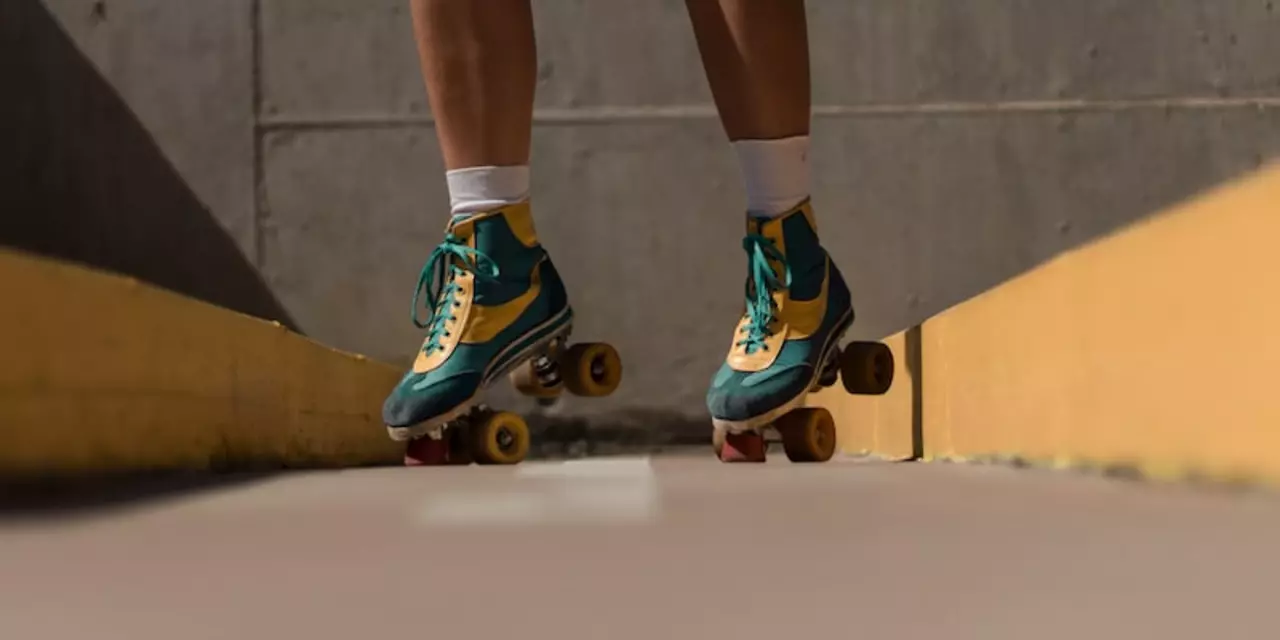Duration Guide: How Long Should You Skate Every Session?
Ever wonder how much time you should spend on the board before you start feeling drained or lose focus? The answer isn’t a one‑size‑fits‑all number, but a few simple rules can help you find the sweet spot for any skill level.
Start Small, Build Up
If you’re just getting into skateboarding, aim for 30‑45 minutes of riding at a time. That gives you enough reps to learn basic tricks without overwhelming your muscles. Break the session into two parts: 15‑20 minutes of warm‑up (simple push‑offs, balance drills) and another 15‑20 minutes of practice on a specific trick.
After a week or two, add five minutes to each segment. Your body will adapt, and you’ll notice longer focus periods and less soreness. The key is consistency – five minutes extra every session adds up without risking injury.
Why Session Length Matters
Skateboarding taxes your core, legs, and even your brain. Staying on the board for too long can lead to fatigue, which makes landing tricks harder and raises the chance of falls. Short, focused sessions keep your technique sharp and your confidence high.
On the flip side, ending a session too early can leave you feeling unfulfilled. If you finish a trick but still have energy, keep riding – just switch to a lower‑intensity activity like cruising or practicing foot placement. That way you stay active without overtaxing yourself.
Factors That Influence Your Ideal Duration
- Fitness level: Strong core and leg muscles let you skate longer. If you work out regularly, you might handle 60‑90 minute sessions.
- Weather: Hot days drain energy quickly, so cut the time down to 30‑45 minutes. Cold days might feel easier on the joints but can stiffen muscles, so a solid warm‑up is crucial.
- Location: A crowded skate park can be mentally exhausting. In a quieter spot, you may comfortably skate longer.
- Goal of the day: Learning a new trick demands more focus, so keep it short. Run‑throughs of known tricks can stretch longer.
Adjust your duration based on these factors. No need to stick rigidly to a clock – listen to your body.
Tips to Maximize Your Time on the Board
1. Plan your session: Write down a quick agenda – warm‑up, trick focus, free ride. Having a roadmap prevents wandering around aimlessly.
2. Take micro‑breaks: A 30‑second pause after each trick set lets your muscles reset without losing momentum.
3. Stay hydrated: Dehydration sneaks up fast, especially on sunny days. Sip water every 15 minutes.
4. Use a timer: Set a gentle alarm for your target duration. When it goes off, finish the current move and call it a day.
5. Cool down: End with 5‑10 minutes of light rolling and stretching. This reduces soreness and helps you bounce back for the next session.
By following these guidelines, you’ll find a skate duration that feels just right – long enough to improve, short enough to stay safe and motivated. Remember, the goal isn’t to chase a specific hour count, but to make each minute count on the board.
How long does it take to learn how to roller skate?
- Caden Lockhart
- |
- |
- 0
Roller skating is a fun and challenging activity that increases coordination and balance. Learning how to roller skate can take a few days or a few weeks depending on the individual's skill level. Beginners should start in a smooth, flat area with a dry surface and practice basic skills such as gliding, turning, and stopping. Increasing speed and mastering advanced tricks can take more time and practice. Protective gear and proper form are important for safety. With patience and dedication, anyone can learn how to roller skate.
View moreHow long should I practice roller skating every day?
- Caden Lockhart
- |
- |
- 0
Roller skating is a great way to get exercise and have fun. In order to become a proficient skater, it is important to practice regularly. The amount of time spent practicing will depend on the individual's level of experience, desired skill level, and overall goals. Beginners should start with 10 to 15 minutes of practice per day while more advanced skaters may benefit from up to an hour of practice. Incorporating drills into practice sessions can help to improve technique and build strength. With consistent practice, roller skaters of all levels can improve their skill and confidence.
View more
